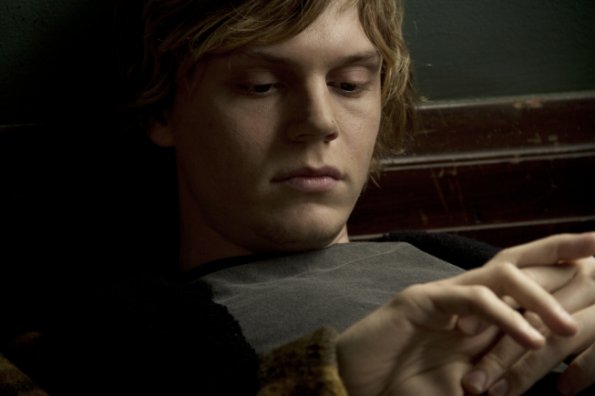There are certain films that seem to sustain on a life of their own. There is a pulse that beats consistently throughout, constantly reminding us of the fragility of life. We feel as though the dramas of life are being shown to us in their natural environment, as the images dance, oblivious to the watching eye.
There is a man who has mastered such cinematic poetry. His name is Terrence Malick.
From the beginning, in the dusty, foolish love story of Badlands, it is clear that not only are we dealing with a brilliant visual artist but we are also dealing with a director who is intent on knocking off the rust that tends to gather on humanity, and show life, and emotion in a pristine state, cleared of the presumptions gathered in film medium as to what any character should or shouldn’t do. For Malick, it is never about ‘right or wrong’ or ‘good vs evil’; his films have more to do with the moments when one realizes there is very little difference between the two. Hidden there in the blurred lines of moral ambiguity lies our strongest doubts and worst failures. It is there that Malick’s films dwell.
It is best to look at Malick’s career, to this point, in two halves. His first two films, Badlands and Days of Heaven possess the erratic energy of youth. It’s obvious that as a young filmmaker he has a certain visual flair, but he also has an astute attention to detail that enhances his character’s graceful arcs. There is an enthusiasm charging through both films, of artistic exploration. It feels as though we are watching the maturation of a great director happen right before our eyes as he toys with different ideas.
However, one idea, which has become somewhat of a signature, is the use of voice over, and early on it doesn’t always work. At times a clear and present artistic vision feels somewhat muddled. For example, in Badlands and Days of Heaven the voice over ranges from poetic and thoughtful, to seemingly superfluous. It would seem in certain instances he uses a voice over when his visuals are all that is needed. In his second two films everything, including the voice over work is polished and nearly perfected.
The theme of the first two films is youth and beauty without age. Characters are outcasts too blinded by circumstances to weigh their innermost struggles, or measure their paths to and from wherever they may stand at any given moment. They are films driven heavily by Malick’s visuals, and the idea that life is a fleeting mess without direction, and it is the minute moments of love and belonging that are our keepsakes. Conversely the theme of the second two films is life everlasting. Each person carries the weight of contemplation on who they are and what will become of them. They are somewhat detached from their circumstances and lost in the struggle of being. The films, though are still driven by Malick’s breathtaking visuals, have the pervading idea that life moves through us, with us, and without us, and we are just a part of its waltzing tide.
After Days of Heaven Malick disappeared from filmmaking for twenty years, before finally returning to direct one of the more poetic and human war films to date, The Thin Red Line, and it is apparent immediately that there is a deeper meditative state to his work the second time around. Gone is the youthful enthusiasm, replaced with the careful wisdom of age. Both in The Thin Red Line and 2005’s The New World we see works that are more meticulous in construction both technically and thematically. He seems more sure of his voice, and his eye, which has always been sharp, has grown more patient, and nuanced. We begin to see beauty not just in the lush landscapes, but the muddy ugliness we often confront as well. He has mastered the art of using melodrama to enhance his very poignant and direct notes on emotion and life. Where his first two films have the energetic grace of a sprinter, the second two are more akin to the sturdy grace of a marathon runner, steady unwavering, and patient. Nowhere is his maturation more evident than in his use of voice over. They now fill his work like sleepy musings, adding a certain weight and bittersweet sorrow to each character, as they fumble with that blurred line of righteousness and triumph, doubt and regret, love and hate.
What can we expect from Malick’s next film, Tree of Life? Expect to find more characters who struggle with the uneasy grace of being human. People lost and found, but uncertain of where they ever were. Expect there to be no wall between the whimsy of our innermost trials and our material world. Expect more cinematic poetry from one of the great directors of our time.
James Merolla









